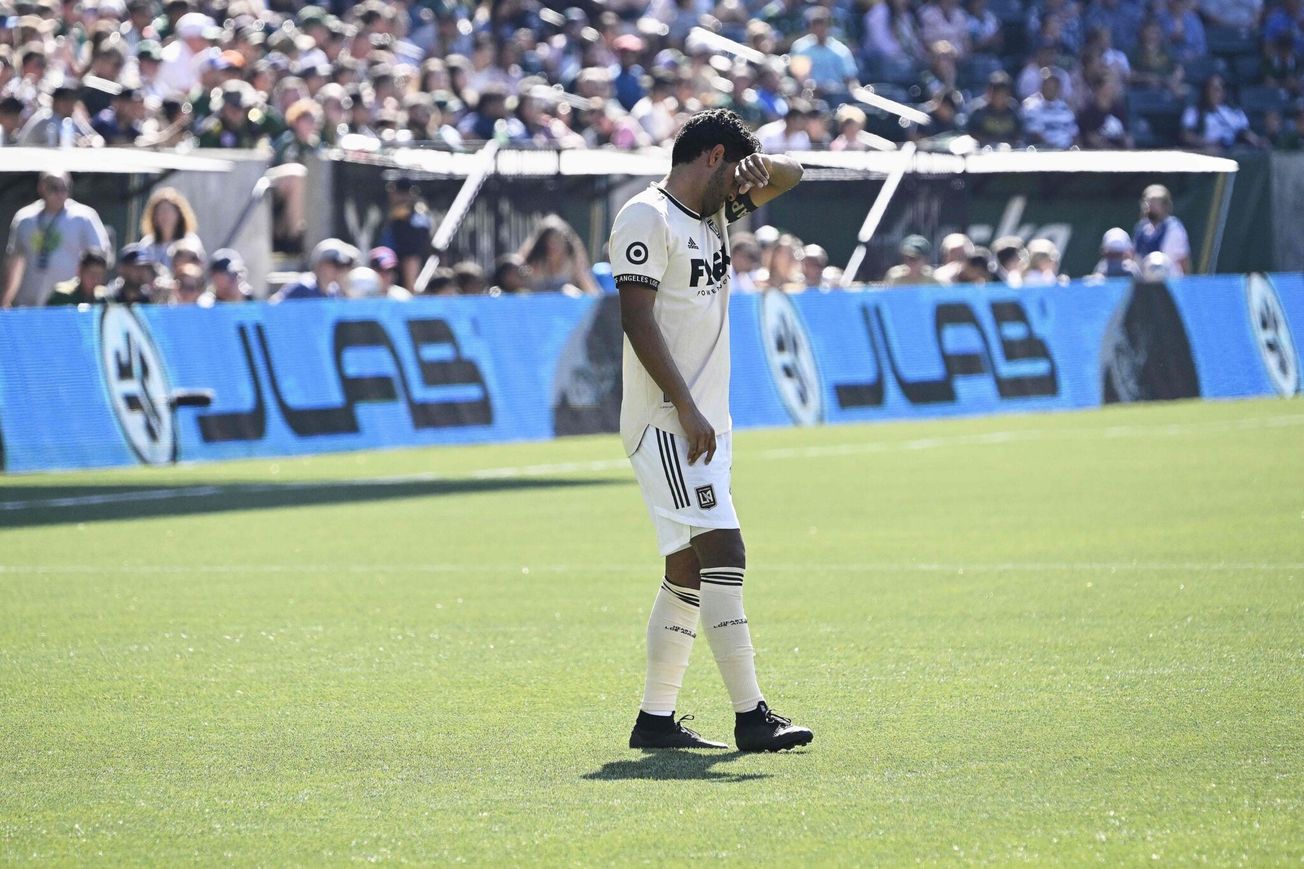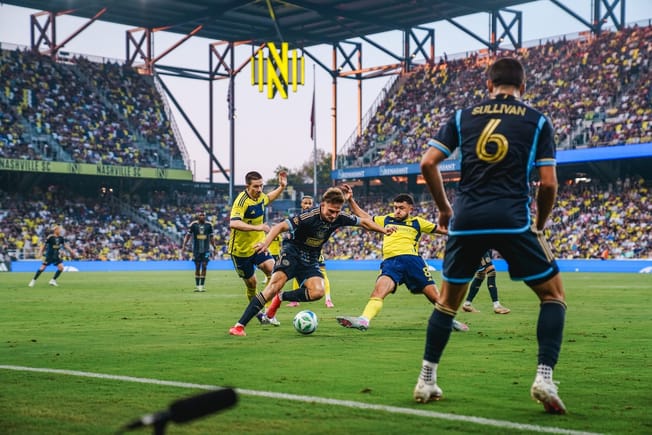Quick Hits
- Sometimes things just seem to move slowly… and when you’re watching these MLS players, things really are moving slowly
- Using data from Second Spectrum, we’re unearthing the slowest MLS players at every position
This is an excerpt from Monday’s Weekend Recap. Subscribe to our free newsletter to get future editions of the Weekend Recap delivered right to your inbox.
I don’t know about you, but even with LAFC’s Supporters’ Shield win, this weekend’s slate of MLS games felt a bit slow to me. Maybe it’s the fact that the league just came back from international break. Or maybe it’s that we’re so close to next weekend’s Decision Day.
Either way, things just moved slowly for me. And you know what? Sometimes things move slowly for MLS players, too. Or more accurately, sometimes MLS players move slowly. Instead of our usual Weekend Recap style, I’m changing things up today. Today, we’re looking at the slowest player in MLS at every position.
Because professional athletes? They’re just like us.
Speed based on Second Spectrum’s “Top Sustained Speed” metric for players with at least 1,000 minutes in MLS this year.
GOALKEEPER: JOHN PULSKAMP, SPORTING KANSAS CITY
Top speed: 6.23 meters per second
As a goalkeeper, I’m willing to bet that top-end sprint speed matters significantly less than it does as an outfield player. But hey, maybe Pulskamp’s lack of speed helped him make this save on Chicharito’s panenka last month. And isn’t that worth something?
John Pulskamp read the mind of Chicharito. 🤯
— Major League Soccer (@MLS) September 5, 2022
Denied the hat trick and stoppage-time winner from the penalty spot. pic.twitter.com/Ov6zbnOiyh
CENTER BACK: DANNY WILSON, COLORADO RAPIDS
Top speed: 8.37 m/s
Danny Wilson plays some nice passes, but he’s not really the guy you want defending in a high line. There’s a reason that the Rapids are just 24th in the league in pressures in the final third.
FULLBACK: JONATHAN BORNSTEIN, CHICAGO FIRE
Top speed: 8.60 m/s
Maybe there’s something about the name “John” or “Jonathan” that makes Johns or Jonathans slower. Or, maybe it’s the fact that Jonathan Bornstein is 37 and the Fire still started him in 22 games this year. Either way, Bornstein doesn’t have the top-end speed that you might like to see from your fullbacks.
CENTRAL MIDFIELDER: FRANCO IBARRA, ATLANTA UNITED
Top speed: 8.24 m/s
Franco Ibarra just hasn’t hit with Atlanta United since joining the team in 2021. He doesn’t provide much in the attack and he doesn’t seem to have the speed or defensive timing that you’d like a physical, defense-first central midfielder to have.
Welcome our newest addition 🙌
— Atlanta United FC (@ATLUTD) February 22, 2021
Franco Ibarra is ready to represent the badge 🔴⚫️
DETAILS: https://t.co/rzeCBU3O9H pic.twitter.com/dqzLAzdLhZ
ATTACKING MIDFIELDER: MAXI MORALEZ, NYCFC
Top speed: 7.97 m/s
Father Time has officially caught up with and captured Maxi Moralez. He is, at least as of this moment, the slowest outfield player with at least 1,000 minutes in MLS this season. Moralez’s top speed has decreased every year since 2020, as have his pressures per 90 minutes. Moralez is still a top-tier creator in MLS, but it’s becoming easier for teams to shadow him and exploit his defensive short-comings.
WINGER: CARLOS VELA, LAFC
Top Speed: 8.71 m/s
Like with Moralez, we’ve witnessed Carlos Vela’s athletic decline over the last three seasons. His top speed has gone from an above average 9.2 m/s in 2020 to a below average 8.7 m/s this season. Vela can still create major problems for defenses (like in this absolutely fantastic strike down below), but he’s not the same transition attacking threat that he used to be.
Carlos Vela plays by his own rules 💥
— B/R Football (@brfootball) October 2, 2022
(via @MLS)pic.twitter.com/F4WMFxj65f
STRIKER: FREDY MONTERO, SEATTLE SOUNDERS
Top speed: 8.40 m/s
I didn’t expect to see Freddy Montero in this spot, to be totally honest. I thought either Gonzalo Higuain or Franco Jara would be this year’s slowest striker, but congratulations to Montero, I guess? Sounders fans, I’m sorry, I’m out of words of encouragement to help you get past missing the playoffs for the first time in, like, 80,000 years.







Comments